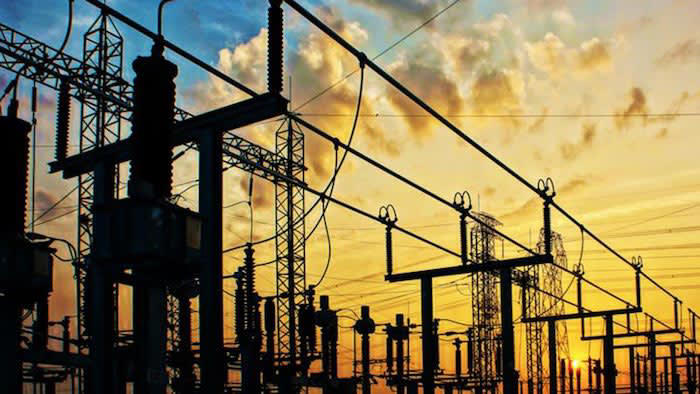Nigeria’s persistent power crisis has reached a critical point as the House of Representatives launched an urgent investigation into the alarming frequency of national grid collapses, which have left millions in darkness and dealt severe blows to the country’s struggling economy. The parliamentary probe comes as the nation grapples with an unprecedented eight grid failures in 2024 alone, raising serious questions about the stability of Nigeria’s power infrastructure.
In a decisive move that underscores the gravity of the situation, the House Committee on Power has been given a three-week deadline to investigate and report on the causes behind these recurring collapses. The urgency of the investigation reflects growing public frustration and mounting economic losses as businesses and households continue to struggle with unreliable power supply.
The crisis has particularly devastated the North West and North East regions, where extended blackouts have become the norm rather than the exception. These regions, already facing significant economic challenges, have been plunged into persistent darkness, highlighting the inequitable distribution of the power crisis’s impact across the nation.
The parliamentary intervention was initiated through a motion of urgent national importance by Hon. Mansur Manu Soro, representing Bauchi under the People’s Democratic Party (PDP). His motion painted a stark picture of a nation whose economic aspirations are being systematically undermined by its failing power infrastructure. The frequency of grid collapses in 2024 represents a troubling escalation of a long-standing problem, with each failure sending ripples through Nigeria’s economic fabric.
The timing of these grid failures has proved particularly controversial, coming in the wake of recent electricity tariff increases for Band A customers. The government’s decision to raise tariffs was accompanied by promises of improved service delivery from the Minister of Power. However, the contrast between these assurances and the reality of continuing grid collapses has sparked public outrage and raised questions about the effectiveness of current power sector reforms.
The Transmission Company of Nigeria (TCN), which manages the national grid, faces mounting pressure to explain and address these systematic failures. The company’s infrastructure, much of which dates back several decades, has struggled to keep pace with Nigeria’s growing power demands. Technical experts have long warned that without significant modernization and investment, the grid would remain vulnerable to frequent collapses.
The economic implications of these power failures extend far beyond immediate inconvenience. Small and medium-sized enterprises, which form the backbone of Nigeria’s economy, have reported significant losses due to interrupted power supply. Manufacturing sectors have been forced to rely heavily on expensive alternative power sources, driving up production costs and contributing to inflationary pressures in the economy.
The parliamentary investigation comes at a crucial juncture for Nigeria’s power sector reforms. The government’s recent efforts to improve electricity supply through various initiatives, including partnerships with private sector players and international development agencies, are now under intense scrutiny. The investigation’s findings could potentially reshape the country’s approach to power sector management and infrastructure development.
Energy experts point to several factors contributing to the grid’s instability, including aging infrastructure, poor maintenance practices, and inadequate investment in modern grid management technologies. The investigation is expected to examine these issues comprehensively and propose both immediate and long-term solutions to stabilize the nation’s power supply.
The crisis has also highlighted the urgent need for diversification in Nigeria’s power generation and distribution systems. Calls are growing for increased investment in renewable energy sources and decentralized power solutions that could reduce dependency on the national grid. Such alternatives could provide more reliable power supply, particularly in regions frequently affected by grid failures.
As the House Committee begins its investigation, stakeholders across the power sector are preparing to present evidence and recommendations. The investigation’s scope is expected to cover technical, administrative, and financial aspects of grid management, with particular attention to maintenance protocols and emergency response mechanisms.
The outcome of this parliamentary probe could mark a turning point in Nigeria’s struggle with power infrastructure. With the economy already facing significant challenges, including high inflation and currency pressures, resolving the power crisis has become more crucial than ever for the nation’s economic recovery and growth prospects.
The three-week deadline set for the investigation reflects parliament’s understanding of the urgency of the situation. However, the real challenge will lie in implementing effective solutions that can prevent future grid collapses and ensure stable power supply across all regions of the country. As the investigation proceeds, millions of Nigerians await concrete actions that could finally bring an end to the cycle of darkness that has become all too familiar.



